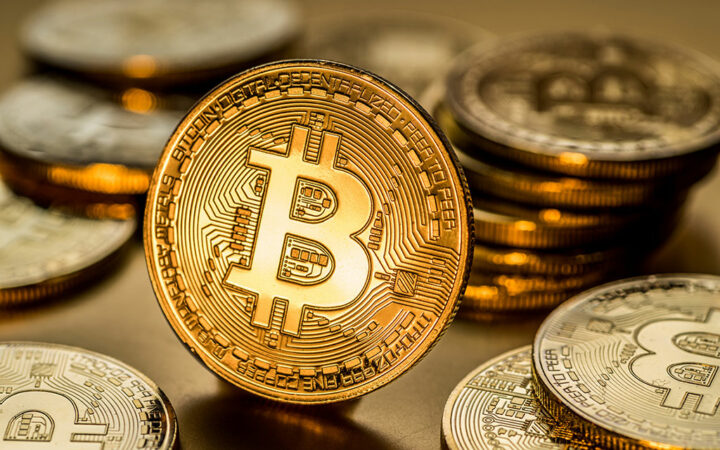
Bitcoin to Hit $160K in 2024 after Halving, Spot ETF Approval, Fed Interest Rate Cuts: CryptoQuant
CryptoQuant says factors like the halving, ETF, approval, and rate cuts, could push Bitcoin to $160K next year.
For the average millennial or at least anyone that pays attention to the business world, the term “cryptocurrency” would not seem like such a strange word. If that is, then the terms Bitcoin, Ethereum or at least Blockchain should ring a bell. One might wonder, why are these terms suddenly so prevalent, especially cryptocurrency news? Computing is getting rather pervasive and the society is leaning towards digital services. The finance world too isn’t spared as the disruption of technology into this sector has fostered the birth and development of Fintech organizations.
These Fintech organizations look to digitize payments and transactions, offering the same services that are currently in existence but in a better, efficient and more effective way.
Blockchain is the network upon which most of these cryptocurrencies operate on. The history of blockchain and bitcoin, in particular, does not have a definite story. In 2009, an individual or group of individuals known to be “Satoshi Nakomoto” developed and published the technology to allow people make digital payments between themselves anonymously without having an external party to verify or authorize the transfer of the currency being exchanged.
Although technologies like this might seem rather complex, understanding how Blockchain works is quite easy, given that one has a basic idea of how networks work. Blockchain is simply a database shared between several users, containing confirmed and secured entries. It is a network, where each entry has a connection to its previous entry.
This technology affords a very secure model whereby every record in the database cannot be tampered with. Apart from the stellar security that this network offers, the transparency and speed at which the network operates give it an edge over the conventional way of conducting transactions.
In simple terms, cryptocurrencies are just monies in digital form, transacted via digital means and over a digital network. The transfer of these currencies is utilized with cryptography and the aforementioned blockchain network. Up until the 2010s, cryptocurrencies were not really known until Bitcoin made its breakout and this gave rise to the birth of new cryptocurrencies.
Cryptocurrencies have had their fair share of bullish and bearish trends, going to show how unstable they can be. The latest cryptocurrency news reports lots of people predicting prices for various cryptocurrencies in the years to come but no-one can say for sure.
Blockchain, on the other hand, is making its way into pervasive computing, especially IoT, giving way for the development of new solutions that embrace data security and transparency.

CryptoQuant says factors like the halving, ETF, approval, and rate cuts, could push Bitcoin to $160K next year.

The ZKFair initiative emerges as a community-driven response to injustices and challenges in the Zero-Knowledge (ZK) landscape. It introduces transformative features and a vision for a fairer, more inclusive ZK Layer 2 network.
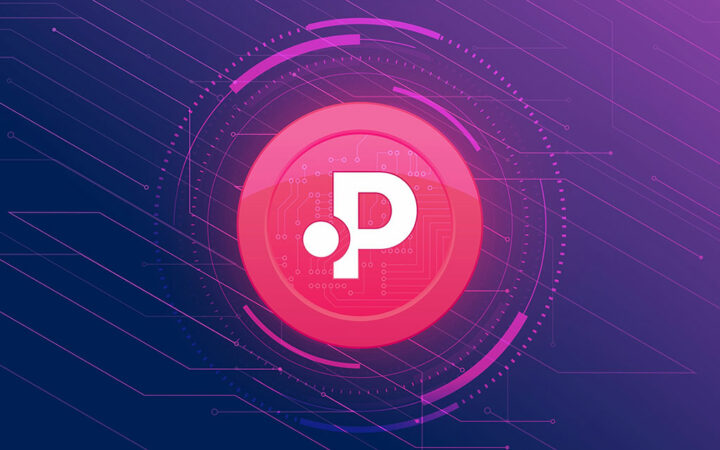
Polkastarter outlined its mission for 2024, which is to level the playing field for a fairer financial system.

By removing barriers that have discouraged participation, Saylor predicts that Bitcoin spot ETFs will lead to a surge in demand as previously untapped capital flows into the limited cryptocurrency market.
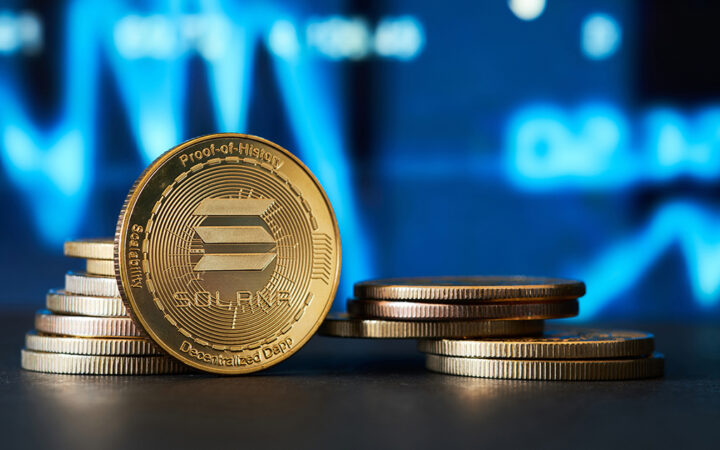
The sixth largest cryptocurrency Solana (SOL) has all chances to enter the Top 5.

Thanks to a new integration with Orbs-based dLIMIT and dTWAP protocols, users of the popular DEX Lynex can enjoy limit and TWAP orders.

The launch of Immutable Passport comes shortly after the company introduced a new gaming solution that allows developers to build games that eliminate transaction fees.
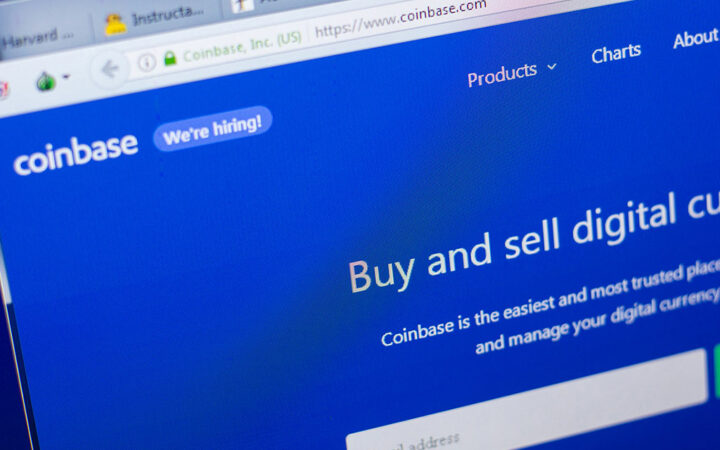
With about 425 million owning crypto and more than 80 percent of G20 countries moving towards enabling digital assets, Coinbase is confident the industry will unlock economic freedom to billions of users.

World ID Apps allow users to verify accounts and apply a verification status similar to the blue checkmark used on some social media platforms.

The ACS token from Access Protocol, distributed in the recent airdrop, functions as a means of payment that holders can utilize to gain access to a wide variety of crypto-themed content.
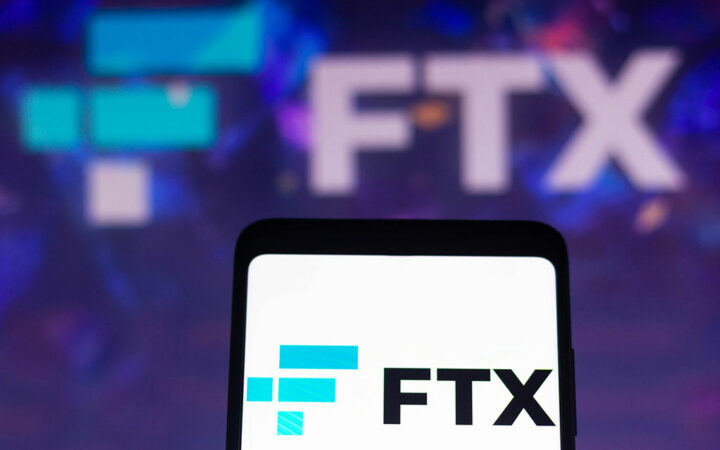
The settlement agreement between FTX and Bahamian regulators resolves the conflict between the parties, and also settles customers.
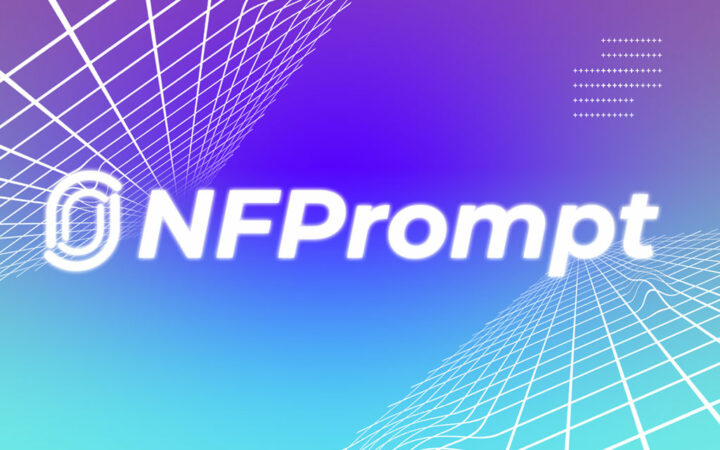
NFPrompt, a cutting-edge Web3 tool, is on a mission to empower ordinary users by transforming them into content creators and reshaping the way they monetize their work using advanced AI tools.
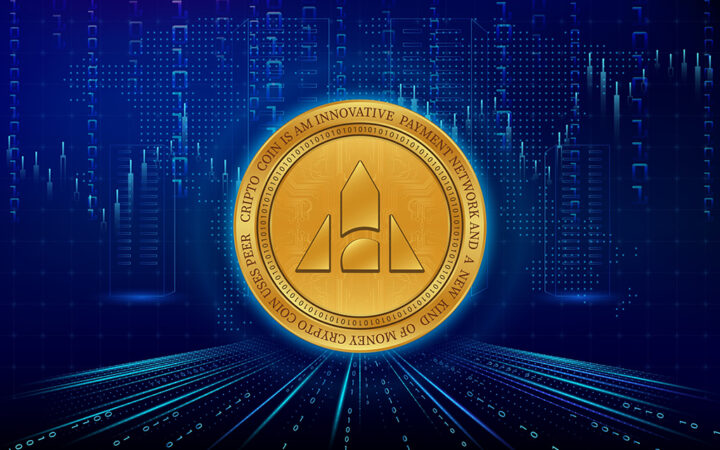
In addition to crypto payments, WorldPay’s payment channels will also support Alchemy Pay’s NFTs checkout.

This registration will let Ripple offer its certain digital assets services to clients within Ireland.

Lisk decided to leverage the Ethereum network after finding out that more 90% of user transaction fees on L1 platforms were Ethereum-based.